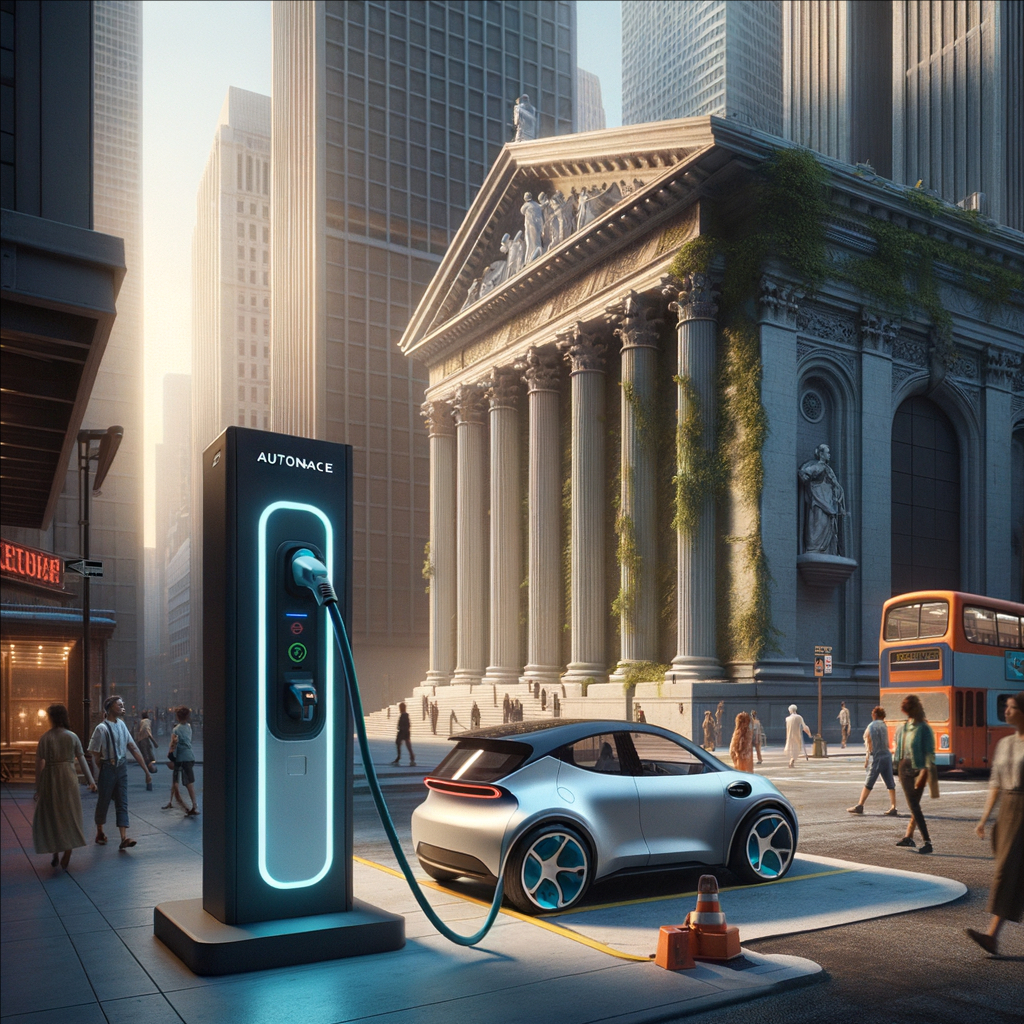Serving all of Bergen County, New Jersey
Home Wiring Upgrades
Learn more about how home wire upgrades can benefit you
Home Generators
Learn more about the benefits of home generators
Home EV Chargers
Learn more about how to upgrade to a EV Home Charger
Service Guides
Learn more about wiring upgrades for your home
Understanding Home EV Charging
As electric vehicles (EVs) continue to gain popularity, many drivers are discovering the convenience and advantages of home EV charging. This process allows EV owners to recharge their vehicles overnight or when convenient, ensuring they always have a full battery when it's time to hit the road. In this guide, we will explore what home EV charging entails, its benefits, the different types of chargers available, and the importance of professional installation.
Choosing the Right Charger
When it comes to selecting a home EV charger, understanding the differences between Level 1 and Level 2 chargers is crucial. Each type of charger has distinct advantages and limitations, making it important to assess your individual needs and vehicle requirements before making a decision.
Level 1 Chargers
Level 1 chargers utilize a standard 120-volt outlet, which is typically available in most homes. This charging method provides about 4-5 miles of range per hour of charging. While Level 1 chargers are accessible and easy to use—requiring no special installation beyond what is already present in your home—they can be quite slow for regular use. For EV owners who mostly utilize their vehicle for short commutes or who have ample time to charge at home overnight, a Level 1 charger may suffice. However, for those who depend on their EV for longer trips or have a busy daily schedule, this option might not be the most efficient.
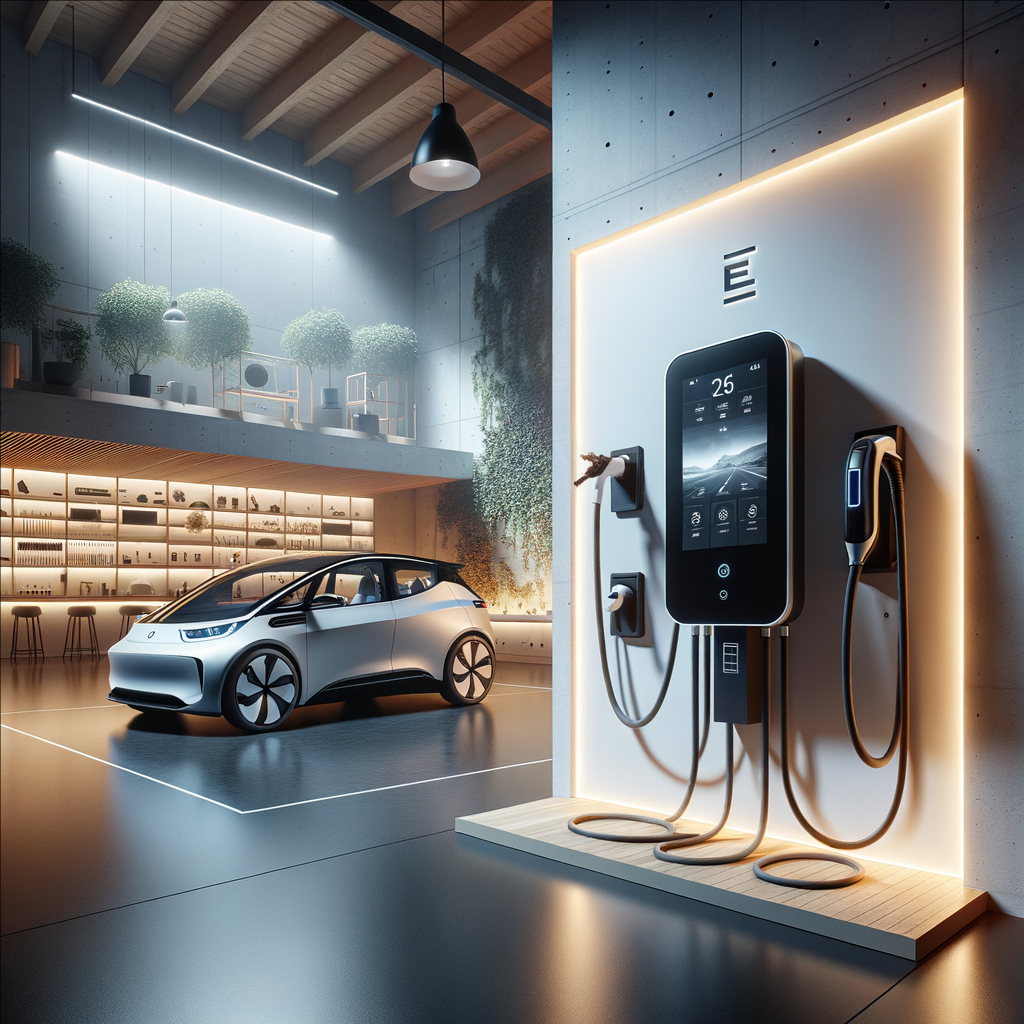
Installation Process
Installing a home EV charger involves several critical steps that ensure a safe, efficient, and effective setup. While it might be tempting to consider a DIY approach, hiring certified professionals is paramount for ensuring safety and compliance. Below, we outline the step-by-step installation process for a home EV charger.
Step 1: Assess Your Electrical Needs
Before installation, a thorough assessment of your home's electrical system is essential. A certified electrician will evaluate your existing electrical panel to determine if it can handle the additional load from a Level 2 charger. They will consider factors such as your home's total energy consumption, available amperage, and whether an upgrade to your electrical panel is necessary. This initial assessment is crucial for ensuring the system meets the demands of your electric vehicle while adhering to local regulations.
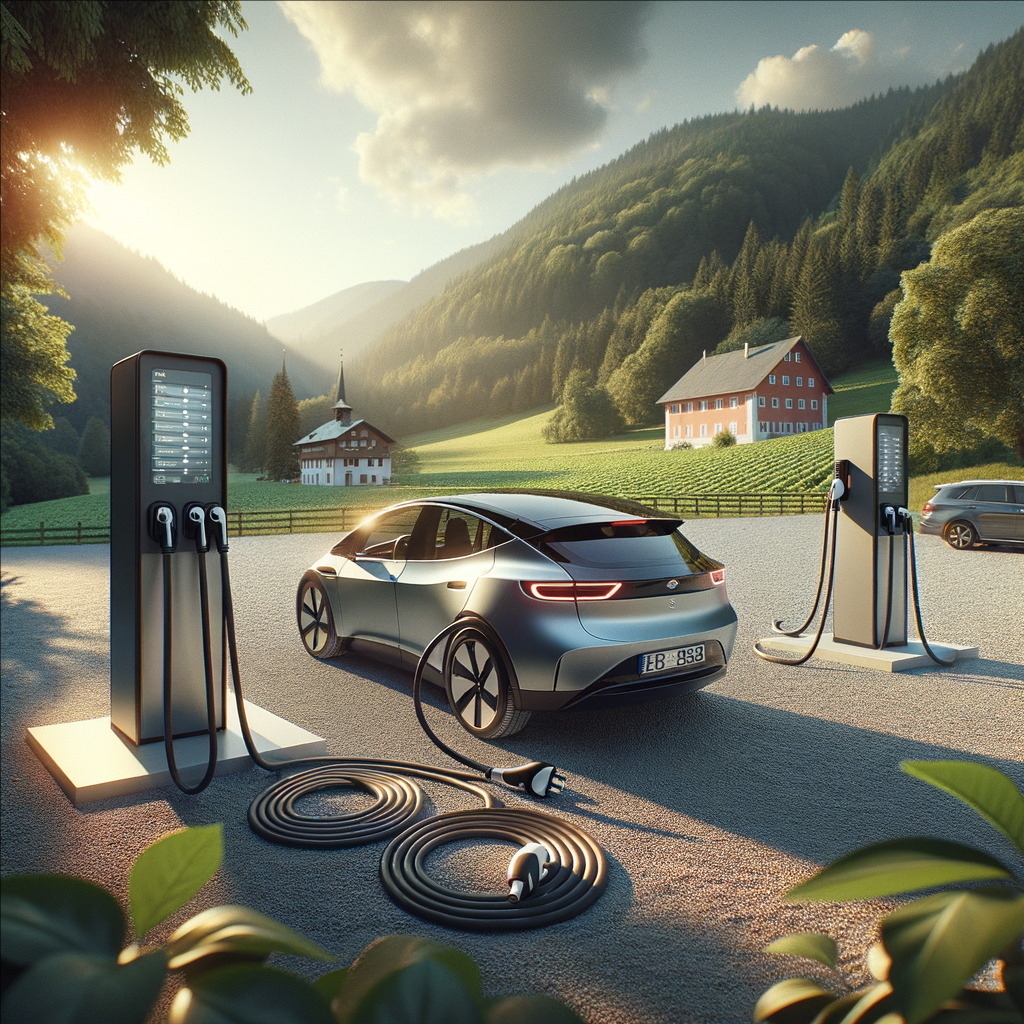
Home Electrical Assessment
When installing an EV charger at home, several electrical upgrades may be necessary to ensure safety, compliance, and optimal performance. Understanding these requirements will help you effectively prepare your home for a charging station that meets your needs.
Electrical Panel Assessment
The first step in evaluating your home’s readiness for an EV charger is to assess your electrical panel. Most Level 2 chargers require a dedicated 240-volt circuit, which may necessitate an upgrade to your panel if it is outdated or lacks sufficient capacity. A standard panel often provides 100 amps of service; however, depending on your household's electrical demands, you may need to upgrade to a 200-amp panel to accommodate the additional load from the charger. An electrician can perform a load calculation to determine if your current panel can handle the increased demand.
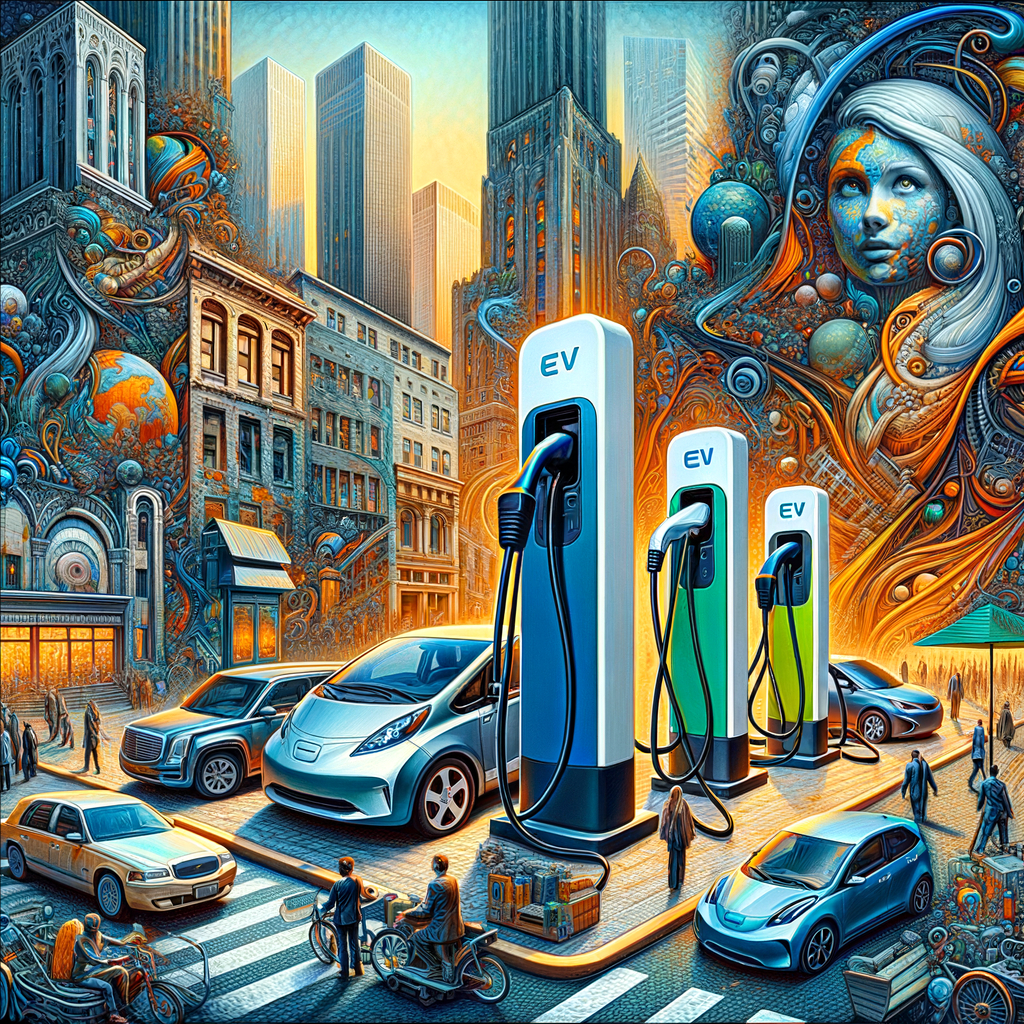
Cost Considerations
When considering the installation of a home EV charger, it is essential to evaluate the overall costs involved. This includes the price of the charging unit, installation fees, and any potential additional expenses related to electrical upgrades. To further ease the financial burden, it’s also important to explore available rebates and incentives that can significantly reduce your out-of-pocket expenses.
- 1. Charger CostsThe first expense to consider is the cost of the charging unit itself. Here is a breakdown of typical prices:
- Level 1 Chargers: These chargers generally have the lowest upfront cost, ranging from $300 to $600. However, due to their slow charging capability, they may not be the best investment for most EV owners.
- Level 2 Chargers: A more popular option, Level 2 chargers typically cost between $500 and $1,500, depending on the brand, features, and charging speed. Investing in a Level 2 charger is often worth it for the increased convenience and efficiency.
- DC Fast Chargers: These are usually not installed in residential settings due to their high cost (starting at $10,000 and going much higher) and the significant electrical infrastructure required.
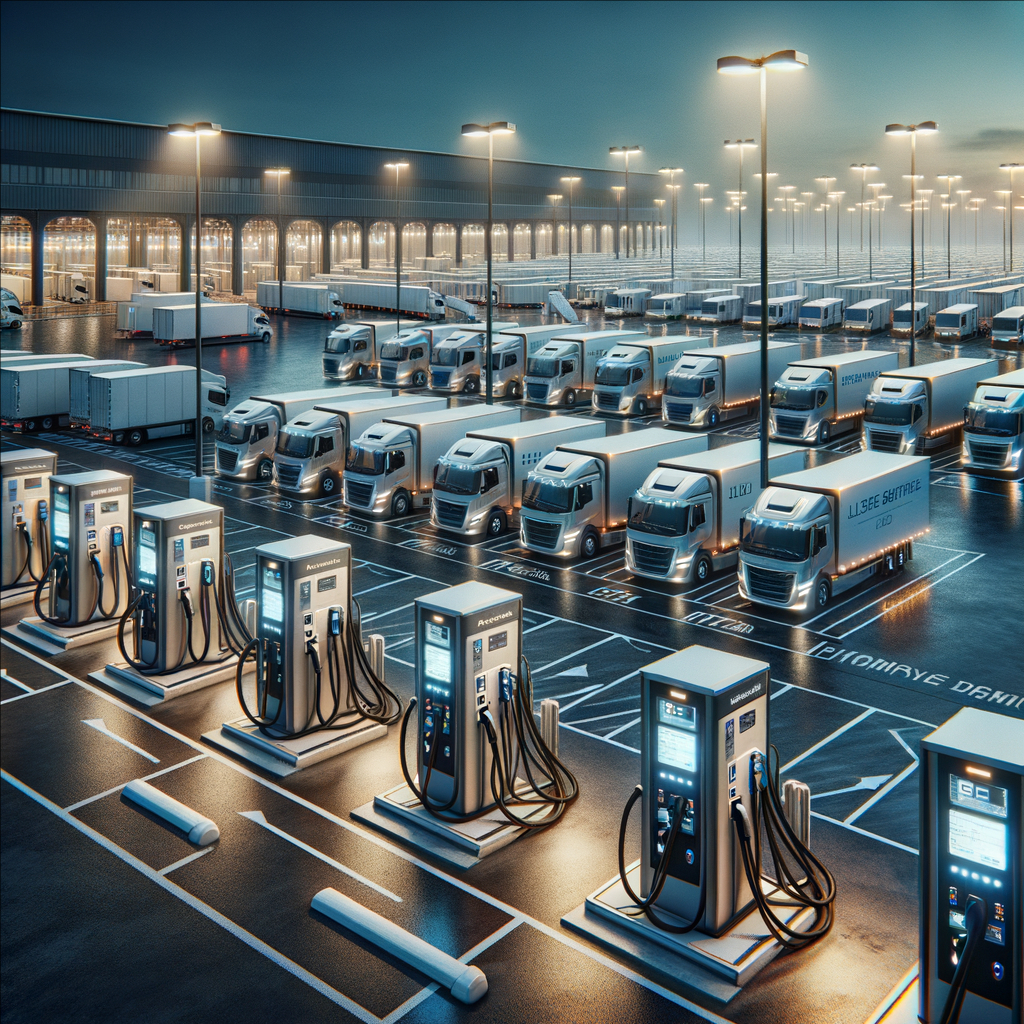
Benefits of Professional Installation
While it may be tempting to install a charging station yourself, professional installation is highly recommended for several reasons:
- Safety: Electrical work can be dangerous if not done correctly. Professional installers are trained to handle high-voltage systems safely, reducing the risk of fire, electrocution, or damage to your home’s electrical system. Their expertise ensures that the installation process adheres to safety protocols, providing you with confidence that your charging station operates without risk.
